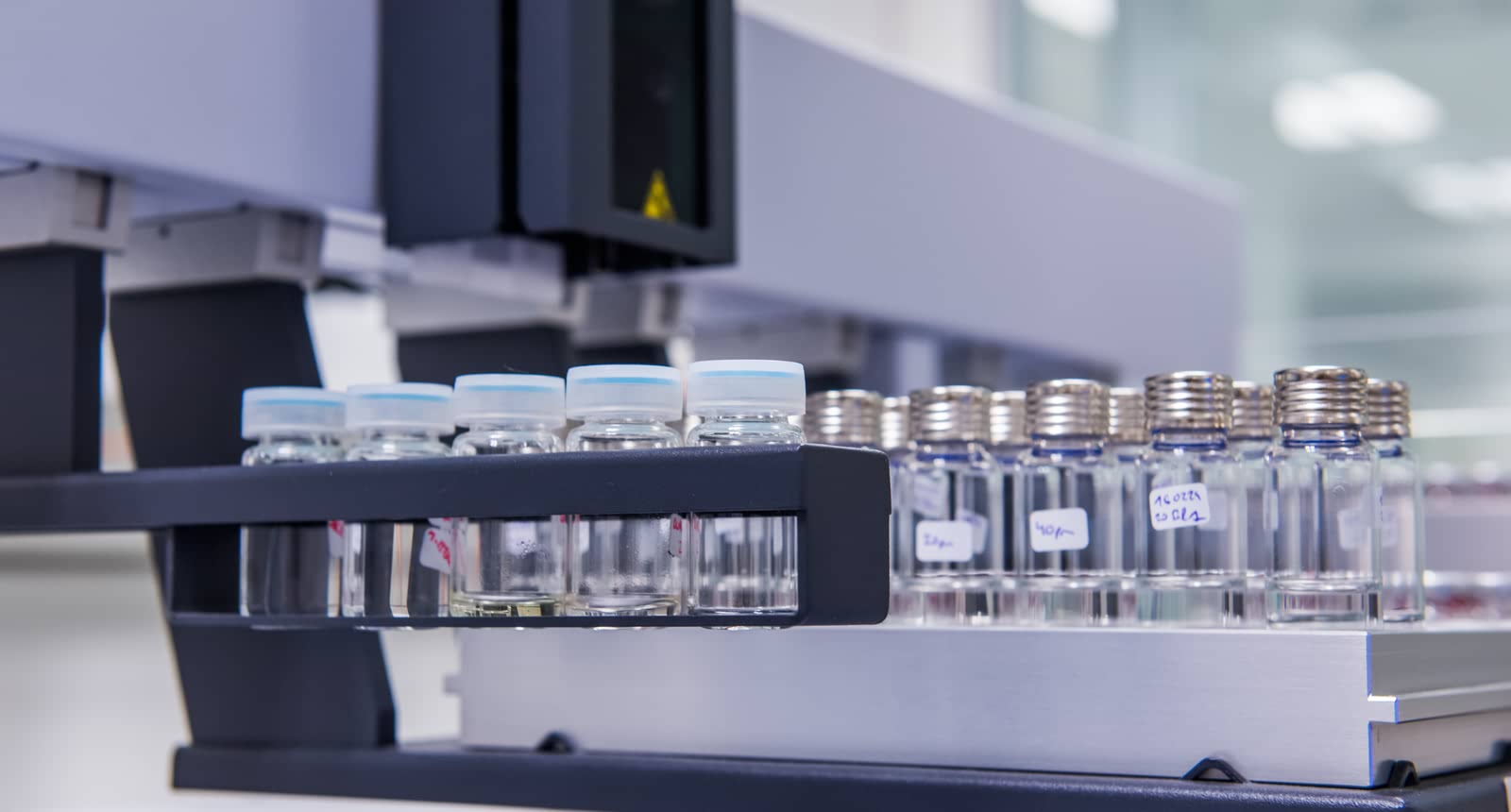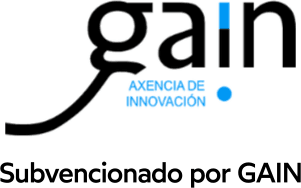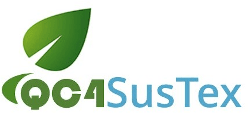QC4SusTex

Quality control for sustainable textiles
Starting in March 2018 and finishing in September 2020, the QC4SusTex research project was run by a consortium of five Galician SMEs: AMSlab, Mestrelab, Organistry, 2xMil and Xenotechs Laboratorios, with the collaboration of two research groups (CIQUS and Grupo Qual from the Lugo Faculty of Sciences) and the Special Research Centre on Intelligent Technologies (CiTIUS) at the University of Santiago de Compostela.
‘QC4SusTex: authentication and security of sustainable textiles and development of devices for effective environmental control in their manufacture‘ was subsidised by the Galician Innovation Agency (GAIN) through the Conecta Peme Programme and by the European Regional Development Fund (ERDF) as part of Thematic Objective 1, ‘Strengthening research, technological development and innovation’, included within the framework of the ERDF Galicia 2014-2020 operational programme. In addition, QC4SusTex was supported by the Consellería de Economía, Emprego e Industria de la Xunta de Galicia (Regional Ministry of Economy, Enterprise and Industry of the Regional Government of Galicia) for a total budget of €1,384,032.10.
The three global goals of this project were:
- To develop tools for the authentication in the lab of sustainability claims or certifications of fibres and fabrics used in clothes and footwear.
- To evaluate and improve the safety of materials used in the manufacturing of sustainable fashion.
- To develop an integral turnkey service to control the environmental impact on water of the suppliers to the main textile retailers. This will include equipment for continuous monitorisation, in-situ sampling solutions for inspections and an application for the in-situ determination of chemical substances by colorimetry.
Results of QC4SusTex
At the end of the project, the following results have been achieved:
- Develop and market tools for the verification of sustainable fashion, such as the Vegan Test or the Organic Cotton Verification Test.
- Carry out genetic characterization by massive sequencing of 36 cotton cultivars (Gossypium spp).
- Identify physicochemical parameters that, through the application of a range of different laboratory techniques, make it possible to differentiate recycled and virgin fibers from synthetic fibers such as polyester and polyamide.
- The necessary functionality has been implemented in the Mnova ElVis module for the application of machine learning techniques for the comparative analysis of FT-IR spectra of synthetic fibers.
- Markers have been identified to differentiate recycled and virgin synthetic fibers (PET and polyamide) using advanced chemometric tools.
- A machine vision algorithm has been developed that automatically processes the retention filter images to identify and quantify the number of microfibers retained in the filter, thus eliminating the manual counting process in the microplastics released during washing count test of garments. A web application and web interface has also been developed.
- Develop semi-natural dyes prepared from curcumin and guaiazulene derivatives and eucalyptus leaf extracts and evaluate their dye properties.
- To conclude that no specific chemical risks associated with the recycling of textile fibers are identified.
- Manufacture prototypes of sampling kits based on self-developed fillers consisting of carbon nanotubes and NIPS “non-molecularly imprinted polymers” for the analysis of wastewater from the textile industry.
- Construction of a functional prototype on an ESP8266 Wifi microcontroller programmed in Arduino (open source), equipped with industrial sensors and probes integrated in a housing manufactured by 3D printing to monitor wastewater emissions, consult and explore data in real time through a PWA (progressive web app) compatible with all types of display devices and operating systems, through the application (QWater).
- Android app that allows colorimetric measurements “in situ” of chemical compounds in wastewater by applying a specifically developed method based on the use of Whatman FTA® paper cards and an ultra-portable RGB / LAB sensor.



